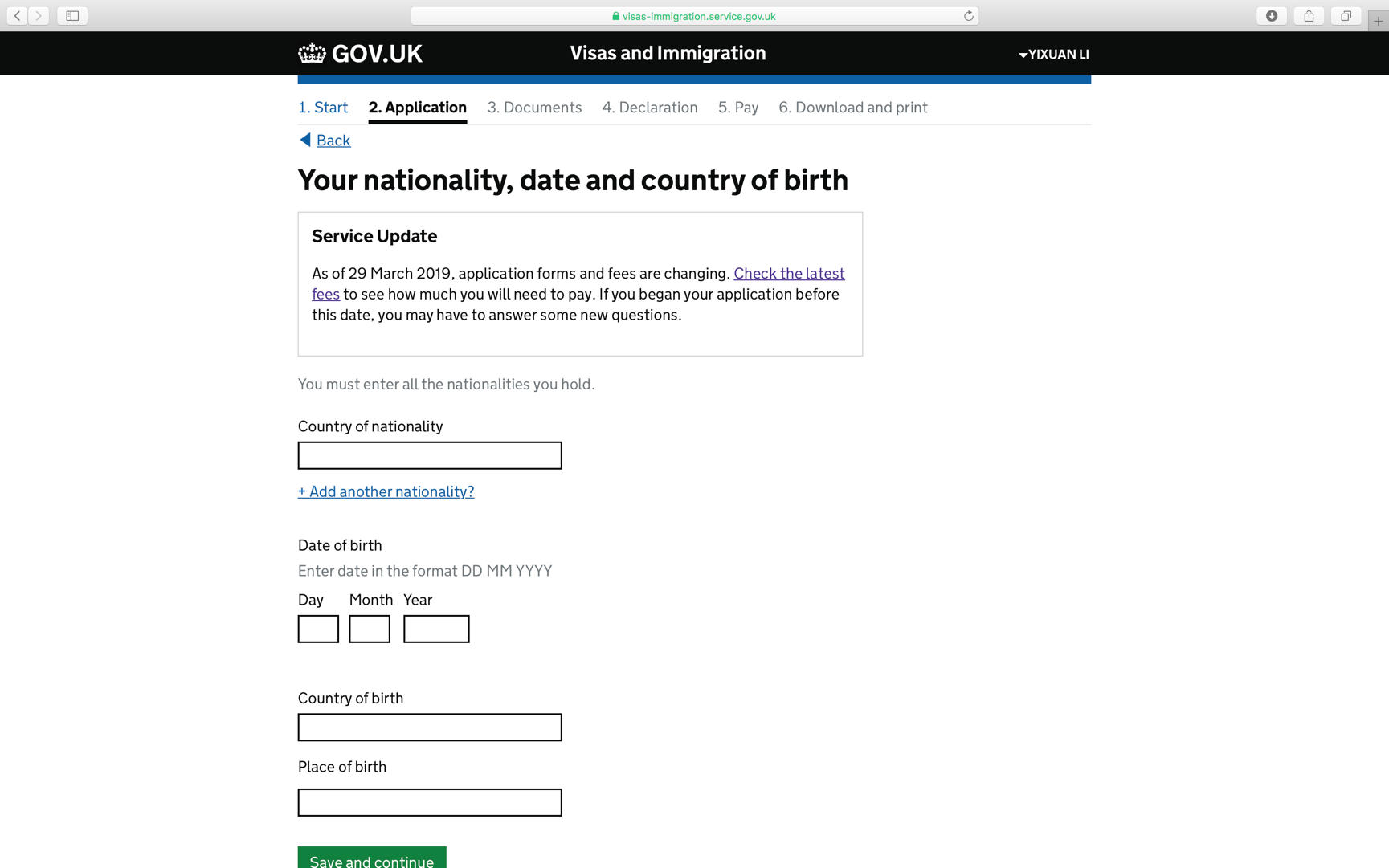Beware of Student Loan Forgiveness Email Scam: How to Identify and Avoid Falling Victim
#### Student Loan Forgiveness Email ScamIn recent years, the rise of student loan forgiveness programs has provided hope for many borrowers seeking relief f……
#### Student Loan Forgiveness Email Scam
In recent years, the rise of student loan forgiveness programs has provided hope for many borrowers seeking relief from their educational debt. However, this hope has also attracted a surge of scams, particularly in the form of student loan forgiveness email scams. These fraudulent emails exploit the anxieties and desires of borrowers, promising quick and easy debt relief in exchange for personal information or upfront payments.
#### Understanding the Scam
The student loan forgiveness email scam typically presents itself as a legitimate offer from a government agency or a well-known financial organization. The emails often use official-looking logos, professional language, and urgent calls to action to create a sense of legitimacy. Common tactics include:
1. **Promising Immediate Relief**: Scammers often claim that borrowers can have their loans forgiven in a matter of weeks or even days, which is unrealistic and a red flag.
2. **Requesting Personal Information**: These emails may ask for sensitive information such as Social Security numbers, bank account details, or student loan account numbers under the guise of processing the forgiveness application.
3. **Upfront Fees**: Some scams request an upfront payment for processing fees, which is typically unnecessary for legitimate loan forgiveness programs.
4. **Pressure Tactics**: Scammers may create a false sense of urgency, insisting that borrowers must act quickly to take advantage of the offer or risk losing their chance at forgiveness.
#### How to Identify a Scam
To protect yourself from student loan forgiveness email scams, it's crucial to know how to identify them. Here are some key indicators:
- **Check the Sender's Email Address**: Legitimate organizations will use official email domains. Be wary of generic email addresses or those that do not match the organization’s website.
- **Look for Generic Greetings**: Scammers often use generic greetings like "Dear Borrower" instead of addressing you by name.
- **Research the Offer**: If an email claims to offer loan forgiveness, research the program independently. Official government websites will have accurate information about available programs.

- **Be Skeptical of Urgency**: If the email creates a sense of urgency or pressure, it is likely a scam.
#### What to Do if You Encounter a Scam
If you believe you have received a student loan forgiveness email scam, take the following steps:
1. **Do Not Respond**: Avoid replying to the email or providing any personal information.
2. **Report the Scam**: Forward the email to the Federal Trade Commission (FTC) at [email protected] and to your email provider.
3. **Monitor Your Accounts**: Keep an eye on your financial accounts for any suspicious activity.

4. **Contact Your Loan Servicer**: If you have concerns about your student loans, reach out directly to your loan servicer for assistance.
#### Conclusion
Awareness is your best defense against student loan forgiveness email scams. By understanding the tactics used by scammers and knowing how to identify red flags, you can protect yourself and your financial information. Always remember to verify offers through official channels and never provide personal information in response to unsolicited emails. Stay informed, stay cautious, and help others by sharing this knowledge to combat these fraudulent schemes.